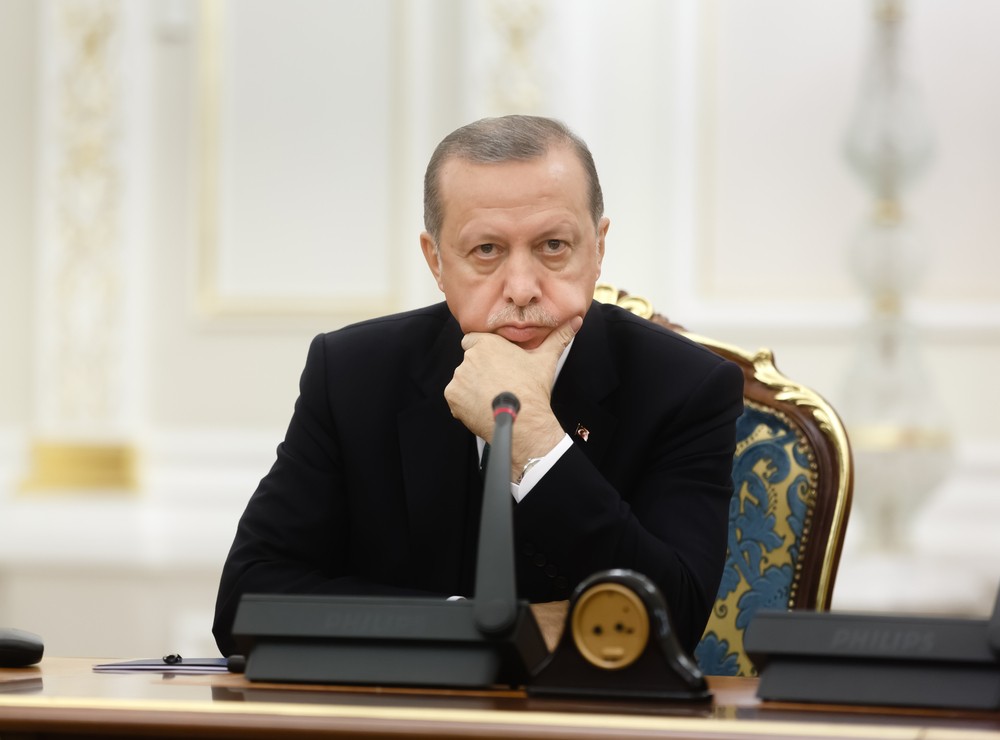Sweden’s prospective entry into the North Atlantic Treaty Organization (NATO) is uncertain due to concerns arising from incidents of Quran burning, as highlighted by Turkish President Recep Tayyip Erdogan during his return from Hungary. Erdogan’s remarks underscore a potential hurdle in the approval process within the Turkish parliament, as reported by the Turkish press. The Turkish President emphasized that estimating the duration required for ratifying Sweden’s application remains elusive. Originally, Turkey’s objections to Sweden’s NATO membership were centered on perceived inadequacies in its counter-terrorism efforts.
Erdogan accentuated the necessity for Swedish authorities to address events unfolding on the “streets of Stockholm.” This reference pertains to instances of Quran burning and desecration occurring during protests in the Swedish capital. Erdogan conveyed that if these actions targeting sacred elements persist and if order is not restored in their streets, Sweden’s aspirations should not be met with surprise.
On the sidelines of the NATO summit held in Vilnius in July, Secretary General Jens Stoltenberg announced Erdogan’s intention to promptly submit Sweden’s NATO membership application to the parliament for approval. Notably, the Swedish Prime Minister Ulf Kristersson also participated in this meeting alongside Stoltenberg. However, Erdogan refrained from offering any commentary following the session.
The Turkish Parliament will reconvene in October following the summer recess, commencing its deliberations on Sweden’s NATO application. Erdogan emphasized that the parliamentary proceedings, including debates within committees and the plenary, will dictate the timeline of approval. Comparatively, the assessment in the Turkish parliament could unfold relatively swiftly. For instance, Finland’s membership application, submitted simultaneously with Sweden’s, secured approval merely two weeks after Erdogan’s proposal.
Nonetheless, the landscape has shifted since Finland’s endorsement, with apprehensions emanating from both the ruling and opposition parties concerning Sweden’s NATO accession. In particular, members from diverse political camps are expressing reservations about Sweden’s inclusion in the alliance. Notably, Erdogan’s Justice and Development Party (AKP) lacks a parliamentary majority and will need the support of its ally, the nationalist MHP, to secure the required votes.
Turkey has maintained its opposition to Sweden’s NATO entry for over a year. At the outset, Ankara cited perceived shortcomings in Sweden’s counter-terrorism endeavors, specifically in addressing groups Turkey designates as terrorist, such as the Kurdistan Workers’ Party (PKK) and the Syrian YPG militia. This concern prompted last year’s memorandum, signed with both Finland and Sweden, aiming to enhance the anti-terrorism campaign. While Sweden has since enacted more stringent anti-terrorism laws and addressed Turkey’s reservations, the issue surrounding Quran desecration adds an additional dimension to the discussion.


















